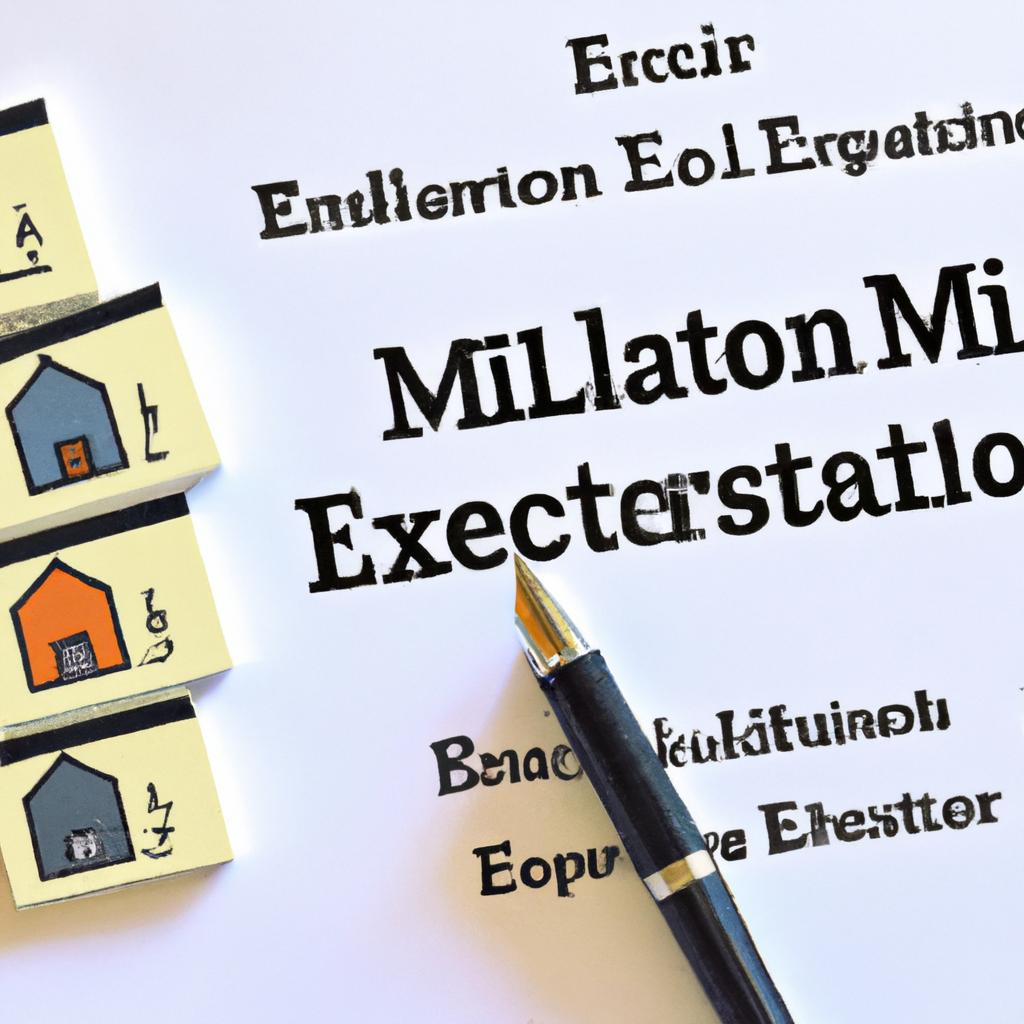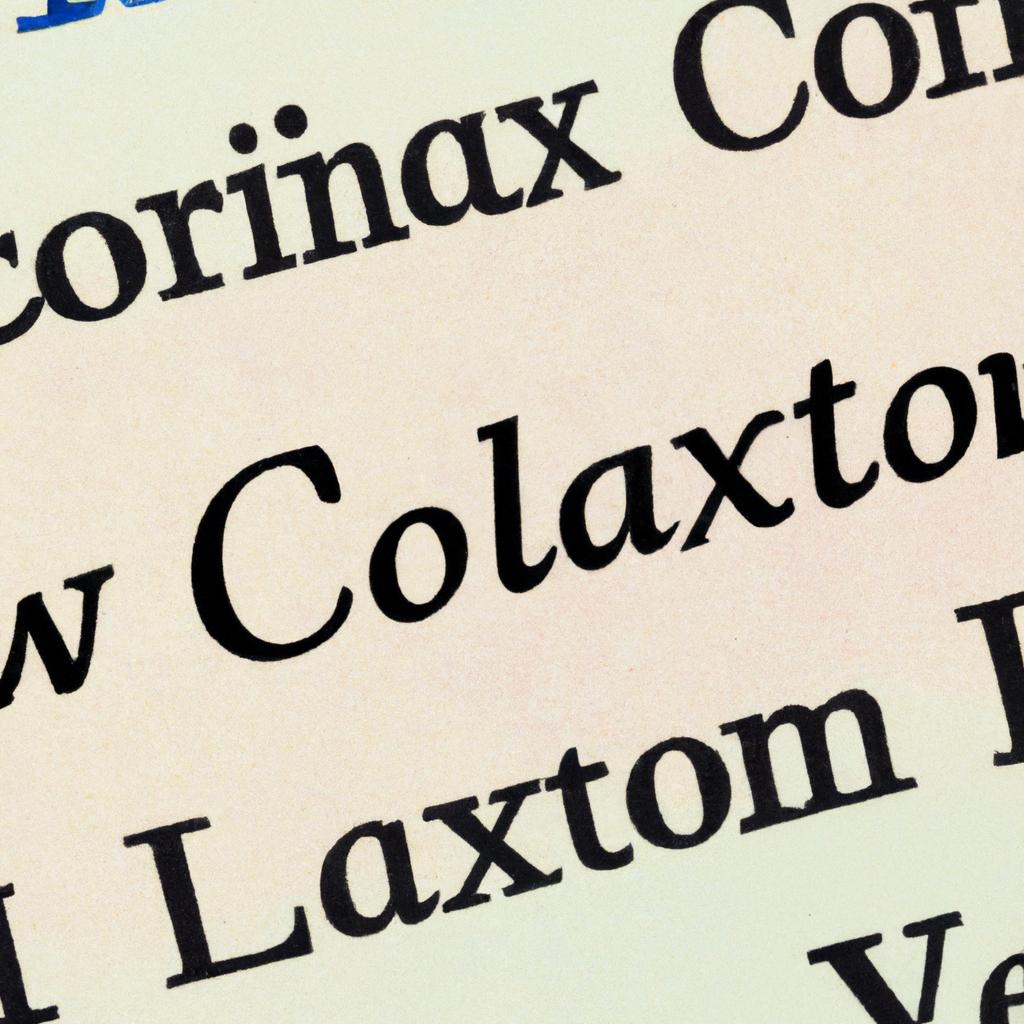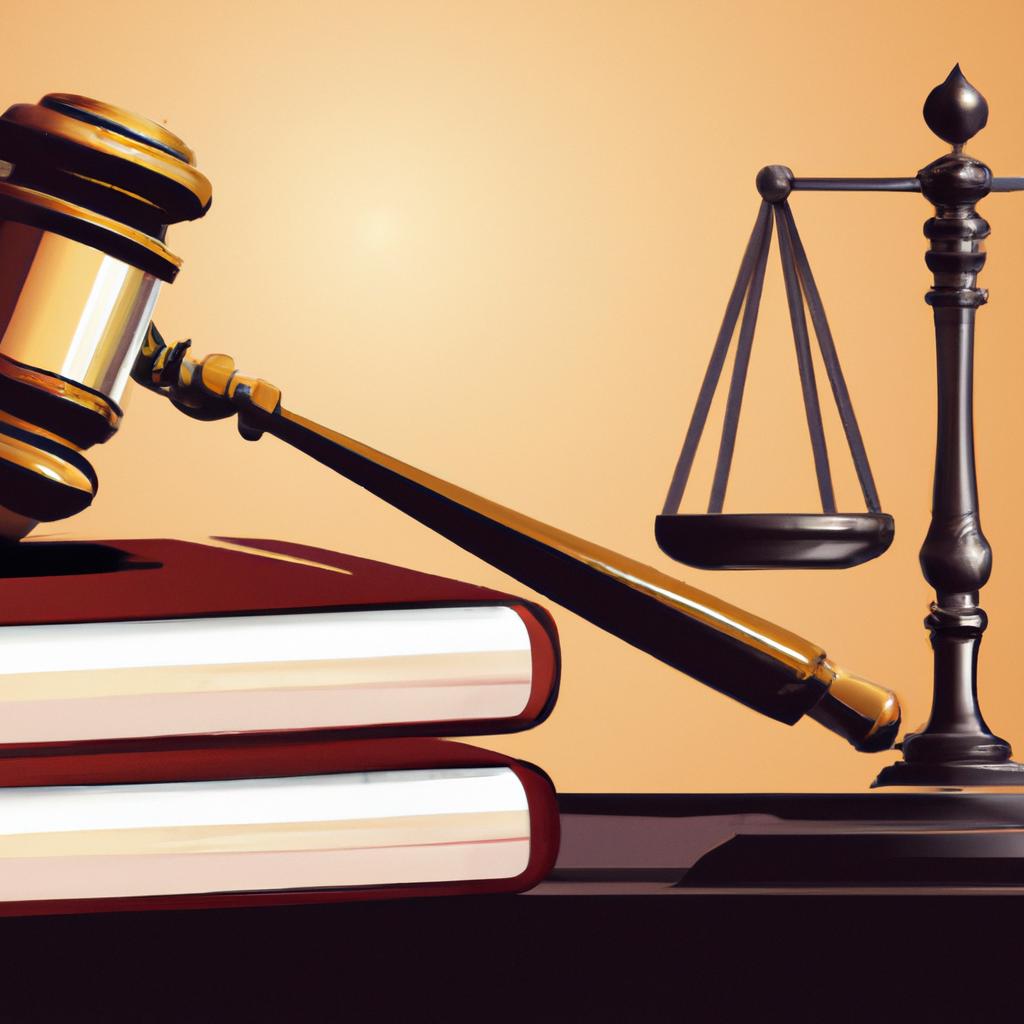In the complex realm of estate administration, a common question arises: can there be more than one executor of an estate? This inquiry delves into the intricate web of legalities surrounding the distribution of assets and fulfillment of final wishes. As experienced practitioners in the field of estate planning, probate, elder law, Wills, and trusts, the team at Morgan Legal Group, based in New York City, is well-versed in navigating the nuances of this issue. Join us as we unravel the complexities of multiple executors and explore the implications of such arrangements in the realm of estate administration.
Determining the Need for Multiple Executors in Estate Planning
When it comes to estate planning, the question of whether there can be more than one executor of an estate often arises. In most cases, it is possible to have multiple executors named in a will to work together to carry out the wishes of the deceased. However, it is important to carefully consider whether having multiple executors is the right choice for your particular situation.
There are several factors to take into account when :
- The size and complexity of the estate
- The relationship between the potential co-executors
- The potential for conflicts or disagreements
- The availability and willingness of the co-executors to work together
It is essential to consult with an experienced estate planning attorney to discuss the specifics of your situation and determine the best course of action.

Benefits and Challenges of Appointing Multiple Executors
When it comes to appointing multiple executors for an estate, there are both benefits and challenges to consider. One of the main advantages of having more than one executor is that it can help distribute the workload and responsibilities, making it easier to handle the estate administration process. With multiple executors, there is also a built-in system of checks and balances, which can help prevent any one person from making decisions without oversight.
However, appointing multiple executors can also present challenges. Coordination and communication between the executors may become more complex, leading to potential conflicts or disagreements. It is important to ensure that all executors are capable and willing to work together harmoniously in order to effectively handle the estate. Additionally, if one executor becomes unable or unwilling to fulfill their duties, it can create delays and complications in the estate administration process.

Legal Considerations for Naming Co-Executors in a Will
When considering naming co-executors in a will, it is essential to understand that having more than one executor can bring about a variety of legal considerations and implications. While it is possible to appoint multiple executors to oversee the administration of an estate, it is crucial to carefully consider the following factors:
1. **Conflict Resolution:** With multiple executors, there may be potential for disagreements and conflicts to arise, which could hinder the efficient distribution of assets. It is important to establish clear guidelines for decision-making and conflict resolution mechanisms in the will to address any potential disputes that may arise.

Best Practices for Managing Multiple Executors in Estate Administration
However, in some cases, it may be beneficial to have multiple executors managing an estate. This can help distribute the workload and ensure that all aspects of the estate administration are handled efficiently and effectively. Here are some :
- Clear Communication: It is essential for all executors to communicate openly and effectively with each other. This includes discussing roles and responsibilities, decision making processes, and any potential conflicts that may arise.
- Division of Duties: Assigning specific tasks to each executor can help streamline the estate administration process. This can include tasks such as asset valuation, debt payment, communication with beneficiaries, and legal matters.
- Regular Meetings: Scheduling regular meetings to discuss the progress of the estate administration can help keep all executors informed and on track. These meetings can help address any issues or concerns that arise and ensure that the estate is being managed in accordance with the decedent’s wishes.
| Executor | Responsibilities |
|---|---|
| Executor 1 | Asset valuation |
| Executor 2 | Debt payment |
| Executor 3 | Communication with beneficiaries |
| Executor 4 | Legal matters |
Q&A
Q: Can there be more than one executor of an estate?
A: Yes, it is possible for there to be more than one executor of an estate.
Q: What are the advantages of having multiple executors?
A: Having multiple executors can provide a checks-and-balances system, ensure transparency, and distribute the workload among several individuals.
Q: Are there any drawbacks to having multiple executors?
A: It can potentially lead to disagreements or delays if the co-executors do not communicate effectively or have conflicting ideas about how the estate should be managed.
Q: How can multiple executors work together effectively?
A: Communication and cooperation are key. It is important for co-executors to clearly define their roles and responsibilities, make decisions together, and keep each other informed throughout the process.
Q: Can one executor overrule the decisions of another?
A: In most cases, decisions must be made jointly by all the executors. However, if there is a disagreement that cannot be resolved, it may be necessary to seek legal advice.
Q: How should multiple executors handle conflicts or disagreements?
A: It is best to try to resolve conflicts through open and honest communication. If necessary, seek mediation or legal assistance to find a solution.
In Summary
In conclusion, it is possible for there to be more than one executor of an estate. The decision to appoint multiple executors should be carefully considered and thoughtfully planned out to ensure the smooth administration of the estate. By working together and communicating effectively, multiple executors can successfully carry out their duties and fulfill the wishes of the deceased. Ultimately, the goal is to ensure that the estate is settled in a timely and efficient manner, while also honoring the wishes of the deceased and providing closure for their loved ones.

